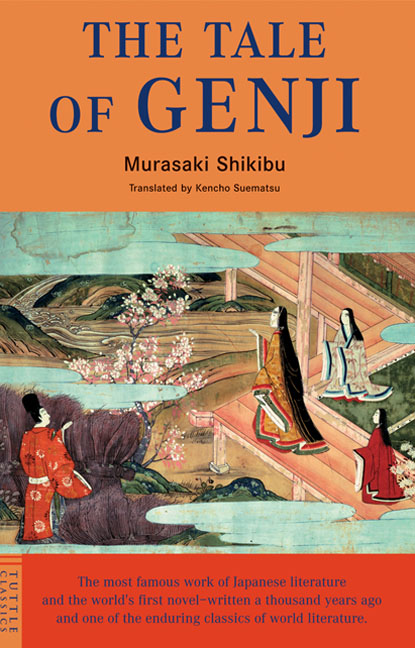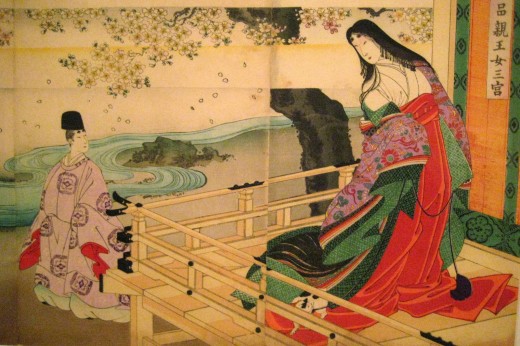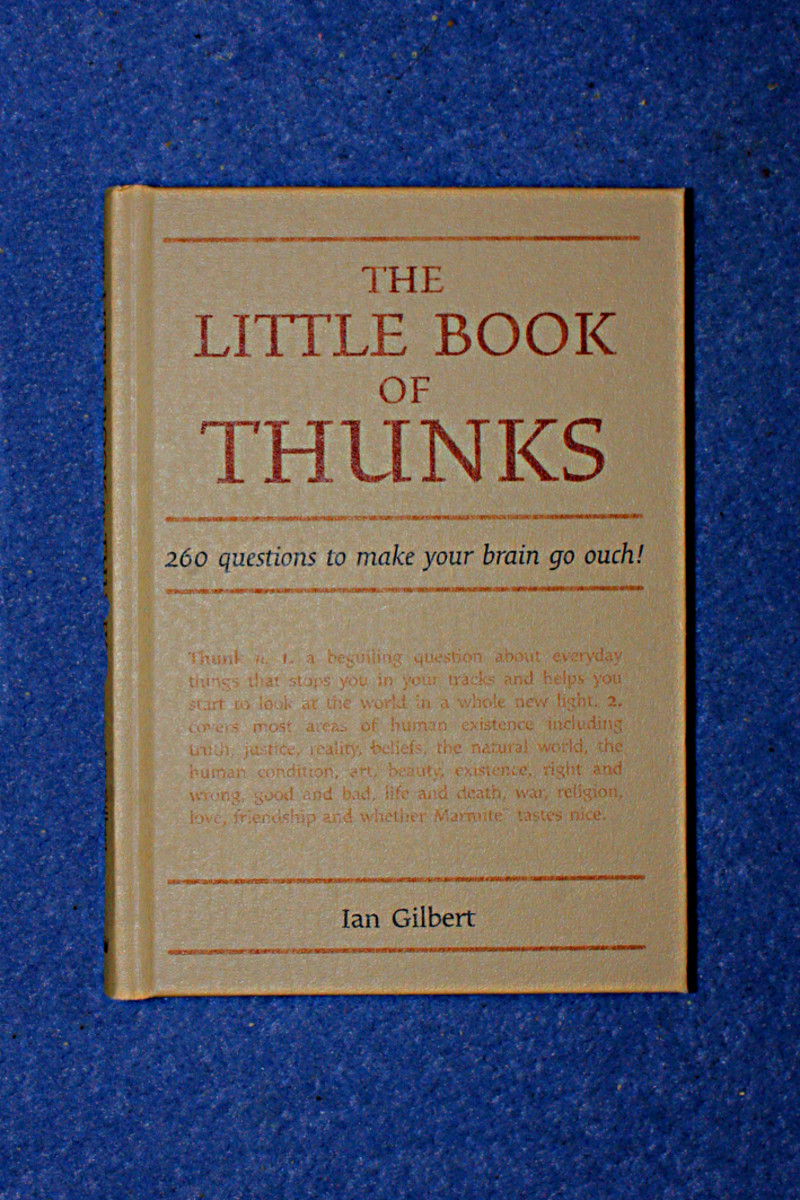Literature Review: The Tale of Genji

Background
In the early years of the 11th century Japanese writer Murasaki Shikibu wrote The Tale of Genji, which was first published in 1021 with a complete translation into English occurring in 1976. Though its exact classification and influence in Western and Eastern anon has been debated, the story is considered a masterpiece and is often referred to as the world’s first novel, the first modern novel, the first psychological novel or the first novel considered a classic. The story has also been made into a film by Kozaburo Yoshimura in 1951 and by Kon Ichikawa in 1966, with an anime by Gisaburo Sugii in 1987. Further Miki Minoru composed an opera adapted from it in 1999, first performed at the opera Theatre of Saint Louis the following year.
Synopsis
The illegitimate son of an unnamed Japanese emperor, Hikaru Genji is considered too handsome for his own good and after his mother dies, the emperor removes him from the line of succession and makes him a commoner. Eventually, Genji becomes an imperial officer and the story follows his sexual, personal and political exploits throughout Heian aristocratic society.

Analysis
With a story that really demonstrates the historic and cultural context of Heian era Japan, The Tale of Genji is a decent tale, making Genji a nearly perfect character while still making him a fool with good intentions.
The story is quite clearly a product of 11th century Japan, as there are many instances where there are difficulties modern readers face that would be easily entertaining to the Japanese court of that time. For one, there’s the idea that naming people was a rude thing to do in Heian court society. Therefore, none of the characters are named and the narrator instead will often refer men to their rank or station in life and women by the color of their clothing, words used in a meeting or by the rank of their male relatives. As a result, thtere is some considerable difficulty with different chapters giving the same characters different names. And this was actually shown when it came to the author as well as Shikibu’s diary states that she was known first by said name and later as Murasaki after a character in the book. Her real name isn’t even known.
Another instance that demonstrates the literary context of the story is the abundant use of poems within conversations. Due to frank language also being considered rude, the people of the Heian court would often do so as well to communicate allusions to their lives and modifying these poems to reflect whatever situation the person was in was expected of the people. However, of the poems used within the story, only the first few lines are given. Since the intended audience would immediately know the poem by heart when the first few lines were given, the rest wasn’t needed. However, it’s difficult for the modern reader as they don’t know the context or the full contents of the poem unless they were an expert in Heian era Japan.
Going within the story, Genji himself seems to be the perfect character. At the center of the story and at the center of attention, the narrator states that he’s ridiculously good-looking, popular and talented in nearly every venture. What’s more is when the narrator is describing his talents, they also note that if they were fully described, it would sound absurd. Interestingly enough, despite being practically perfect in every way, Genji is also the perfect upper class twit. Not only does he say quite a few stupid things, but he’ll faint at the literal drop of a hat and is generally clueless about life and the way the real world works. However, he’ll ignore social class in the name of love and royal propriety in the name of emergency, which is stated that makes him better than any of his contemporaries and results in him being expelled from court for a while.
Final Judgment
Though it’s able to make a decent character out of someone with few flaws, The Tale of Genji is still difficult to get through with the literary nuances found in the Heian era. But that doesn’t stop it from being pretty decent. It’ll get three stars, but is only recommended for those looking to survey classic or Japanese literature.
the postings on this site are my own and don't necessarily represent WNI's positions, strategies or opinion





